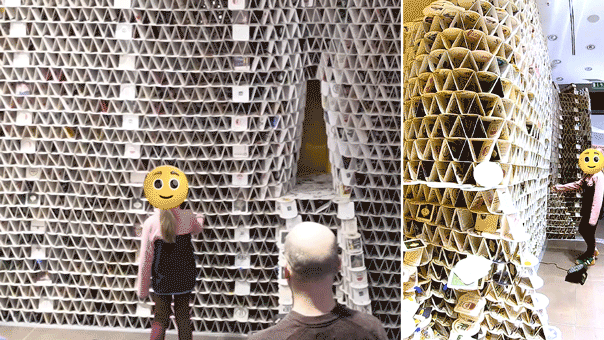Autism in American children is on the rise, study says
Fox News medical contributor Dr. Marc Siegel joined 'Fox & Friends Weekend' to discuss the trend.
Two longtime reporters and producers have created a striking new film about autism that they hope will "change the hearts and minds" of millions — and help foster "a new understanding" of those who are diagnosed with autism, no matter where those individuals may fall on the autism spectrum.
Caren Zucker and John Donvan, authors of the book "In a Different Key," have created a new film of the same name. It's scheduled to be shown on PBS on Tuesday, Dec. 13.
The New Jersey-based Zucker told Fox News Digital in a joint phone interview with Donvan, "As cliché as it may sound, we really want to change the world" with this film.
"And the way to do it," she added, "is sometimes one person at a time. We think this film is a way for people to sort of get a crash course in autism."
SERVICE DOG BY HER SIDE, TEXAS TEEN WINS MISS DALLAS PAGEANT, DESPITE EPILEPSY, AUTISM
The film, through its visuals, music and storytelling, offers a deep dive into autism — often vastly misunderstood — with its depiction of about half a dozen people and their experiences. Not all of it is pleasant and positive, to be sure. Some of it is painful and heartbreaking. Yet all of it is true.
It shows a range of realities experienced by those who have "profound autism, people who lead independent lives, women with autism, people of color with autism, people who live in poverty with autism — it really covers everything," said Zucker.
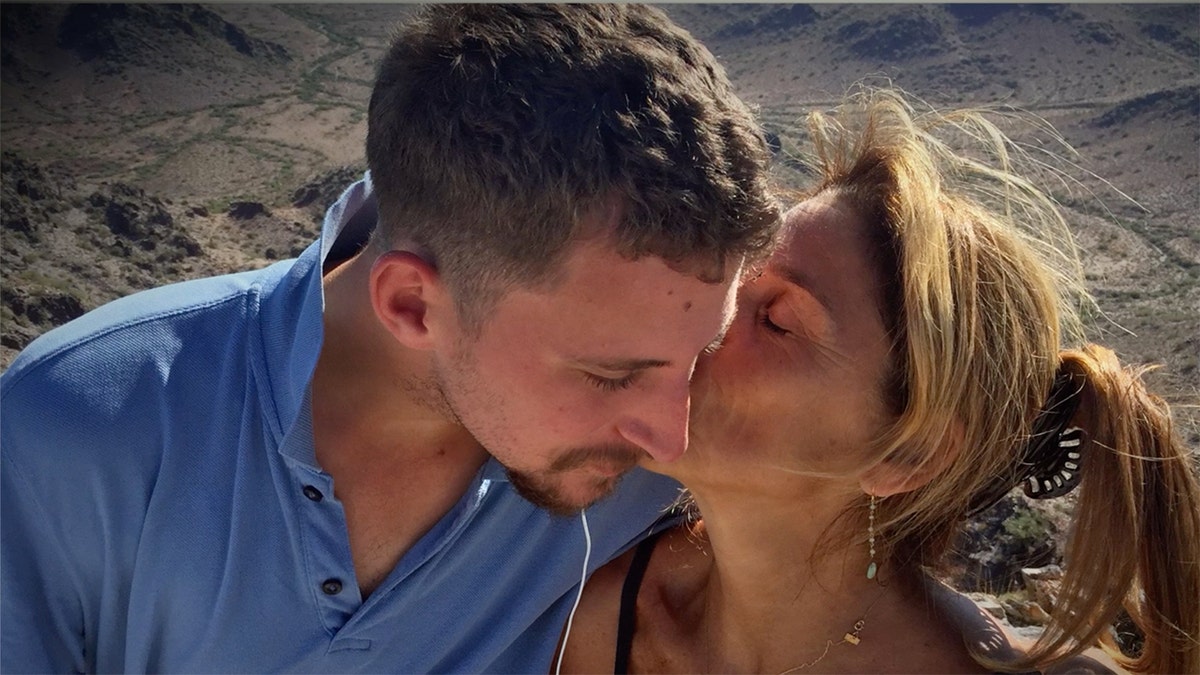
Mom Caren Zucker (right) is shown with her son, Mickey, who was diagnosed with autism years ago as a toddler. Both appear in the new documentary, "In a Different Key," scheduled to be shown on PBS on Dec. 13, 2022. (Courtesy "In A Different Key")
She added, "Some people walk away from it sort of laughing, and some people cry" — but either way, those who see it gain "a new understanding."
"And once you have that understanding, it will never go away," she said.
The producers have been showing their film in recent months in small group settings — so they've seen the reaction. That reaction includes the woman who stopped them on the street after seeing the film and told them, "I get it now! I totally get it."
The pair encourage conversation about the issues revealed within — and sometimes, they said, those conversations take on a life of their own.
"We made the film to give people who don't know much about autism a very, very engaging look at it."
The conversations have continued far past the events themselves. People talk about the film in their homes, with their friends, within their circles and in other settings, they said.
"We made the film to give people who don't know much about autism a very, very engaging look at it," said Donvan to Fox News Digital.
AUTISM IN AMERICAN CHILDREN IS ON THE RISE, STUDY SAYS
He also stressed that the documentary is not meant solely for the autism community — it's for "civilians" outside autism circles, those who don't have direct experience with the condition.
Most of all, said Donvan, "It is not a lecture. This is not about scolding."
Instead, "we want to inspire people," added Donvan, who is based in Washington, D.C.
Zucker's own son, Mickey, was diagnosed with autism many years ago as a toddler — and Mickey's story is told in the film.
‘First person who had this diagnosis’
The film also reveals the life of the first person in the country to be diagnosed with autism — Donald Triplett of Forest, Mississippi, who today is in his 80s.
Zucker and Donvan sought him out because they wanted to understand his life — as a way of helping others with theirs.
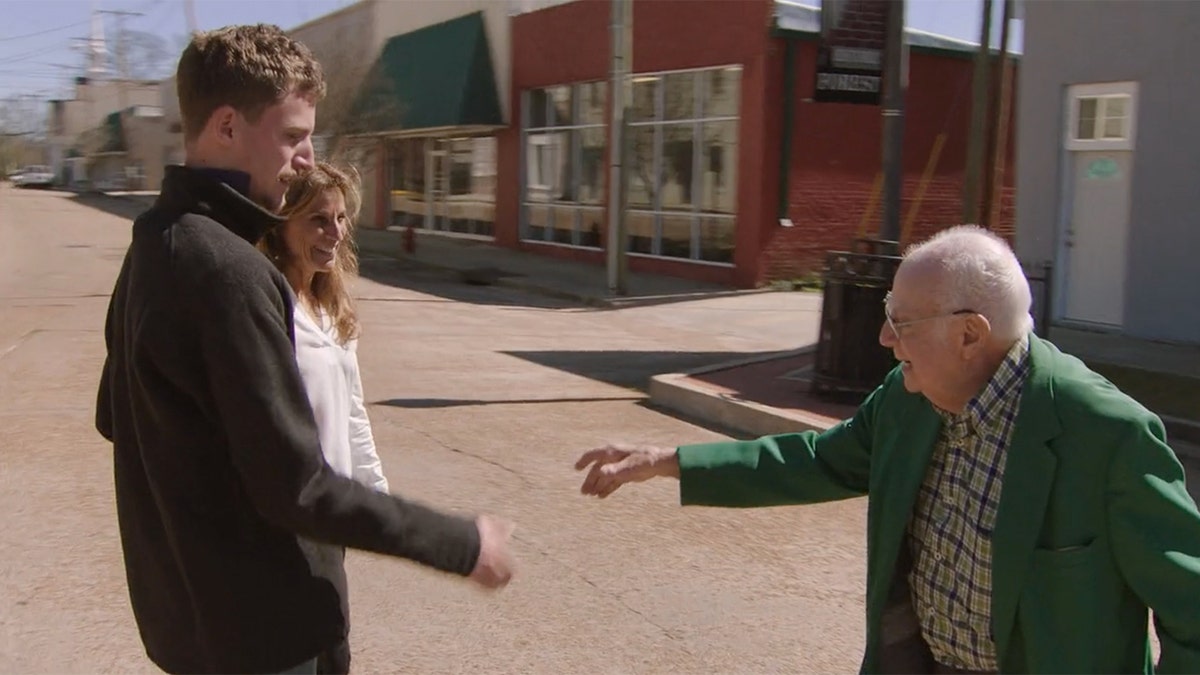
The film "In a Different Key" takes viewers into the lives of a number of people diagnosed with autism, including Donald Triplett of Forest, Mississippi (right), the first person in this country to be diagnosed, in the 1940s. At left are Caren Zucker and her son, Mickey, who also appear in the film. (Courtesy "In A Different Key")
Initially, said Donvan, "We thought we would make the film just about him, because it was exciting for us to be able to find the first person who had this diagnosis, and to learn that he was still alive and that we could reach him, and get to know him. It was just a great piece of archival discovery," he added.
"Everything about [Donald's] story is remarkable," said Zucker.
"There's much more work to be done so that everybody, every community, is inspired."
The producers ultimately felt that "if we really wanted to educate [others] about the breadth of the autism spectrum, telling the story of just one person was not going to do that," said Donvan.
So Donald's story is "set in relief against the realities of so many other people" with autism.
"And very often those realities are not as wonderful and beautiful and inspiring," he added.
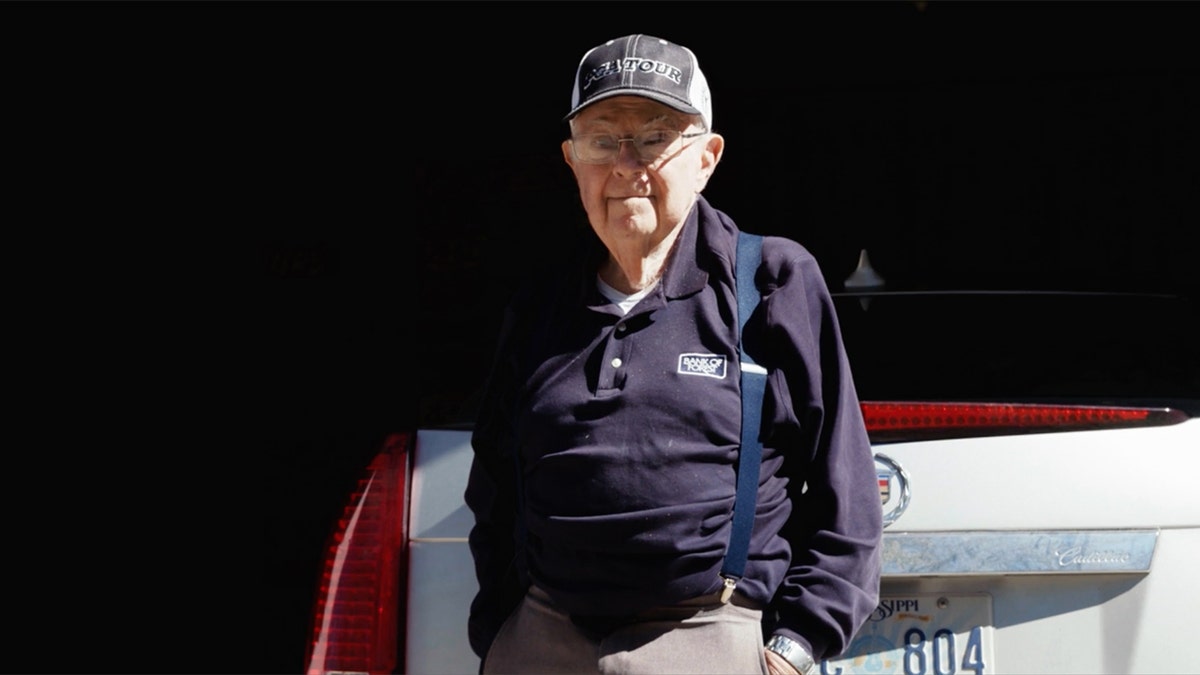
Donald Triplett of Mississippi, born in 1933, was the first person to be diagnosed with autism — and "In a Different Key" tells his revealing story. It also tells the story of a range of other individuals. (Courtesy "In A Different Key")
"That's where the film makes the point that there's much more work to be done so that everybody, every community, is inspired by the way Donald's community in Forest, Mississippi, has respected, welcomed and honored him for his whole life."
‘Been telling stories’
Zucker and Donvan have been covering autism for about 25 years, they said. They began to do so "back in the '90s, when my son was first diagnosed," said Zucker.
She added, "I was a producer and John was a correspondent. We've sort of been telling stories ever since then, including in our book, ‘In a Different Key.’"
The pair say they're going to "continue to do what we’ve been doing, which is to have private screenings of the film around the country, for businesses, medical groups, police groups — and most importantly to have a conversation after the film."
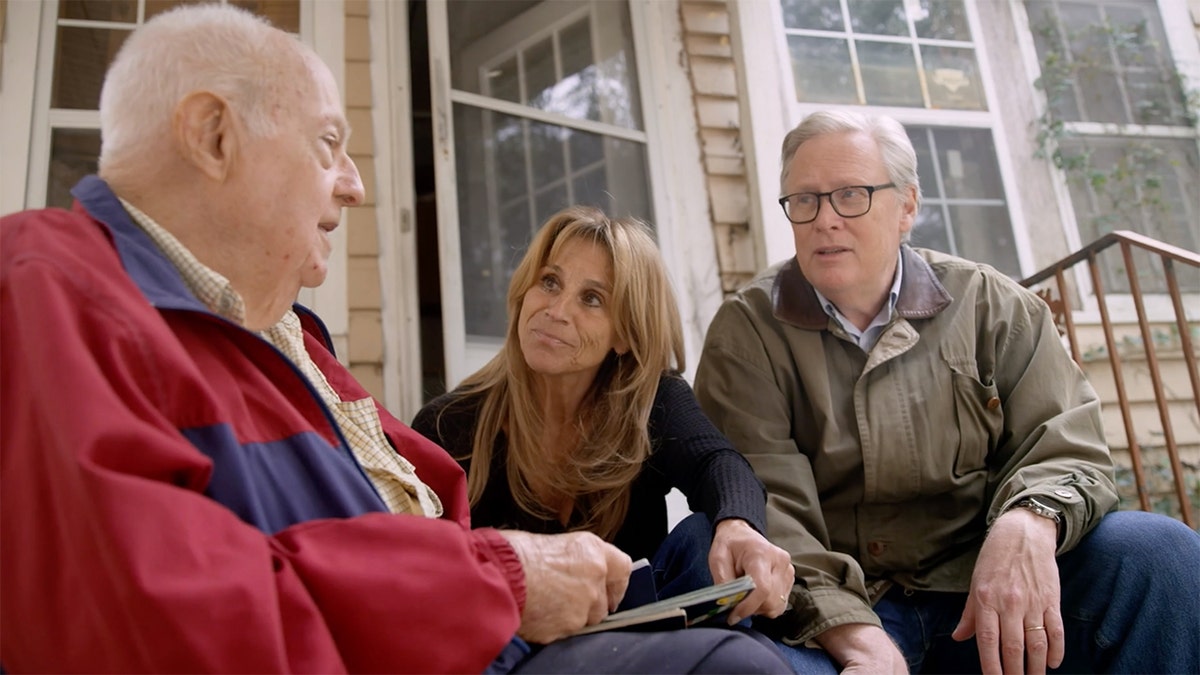
Donald Triplett (left) along with Caren Zucker and John Donvan. Donald Triplett's story, the producers said, is "set in relief against the realities of so many other people" with autism. (Courtesy "In A Different Key")
Here are more highlights from their interview by phone with Fox News Digital.
Autism ‘doesn’t discriminate'
Zucker: The story of Donald Triplett is the story of the first person ever diagnosed. There have been people with autism forever — but nobody had talked about autism, and it wasn't defined before that.
KANSAS FATHER AND SON HONORED FOR SAVING 4-YEAR-OLD BOY WITH AUTISM FROM DROWNING
So [we're] sharing his success, really — at a time when most people who were diagnosed with autism or any sort of difference were put into institutions. You know, Donald really had the life that most people [with autism] did not have the good fortune to have in the ‘40s, ‘50s and ‘60s. And his community fully embraced him.
"We tried to share over half a dozen different stories of people who are each incredibly different from the others."
We were incredibly excited about getting to know him and learning the life that he had.
The spectrum is so broad. To help others understand it [as fully as possible], we tried to share over half a dozen different stories of people who are each incredibly different from the others. All those people have autism. It doesn't discriminate.
‘Awareness of how different everyone is’
Zucker: Ultimately we hope we're changing as many hearts and minds as possible. In the film, there's a scene with the police — and how misunderstandings can really lead to tragic situations. It's about awareness and knowledge. [Knowing] that somebody has autism can change a scene completely.
We don't show hospital settings, but if you're a doctor and you see this film, you'll have a new awareness of how different everyone is. Our goal is to get it everywhere: to get it into police departments, hospitals, businesses, the workforce.
Donvan: And into middle schools and high schools.
Zucker: When you start with kids when they're really young, when they're two and three years old — and you have them side by side with children [of all kinds] — and they all grow up respecting each other, that's how you really begin to change society.
CLICK HERE TO SIGN UP FOR OUR LIFESTYLE NEWSLETTER
[People] need to see that it's not so hard to have the back of someone who has autism.
‘Message is much bigger'
Donvan: The film is kind of a love story — a lot of different love stories, really. There's Caren's love for her son, Mickey — and Mickey agreed to be part of the film. He appears in it very prominently and Karen is the main storyteller.
And there are funny moments and there are moments that have people pulling out tissues in the theater. It's really meant to draw people in. It's a journey, with emotional ups and downs, with heartwarming moments and tough moments.
CLICK HERE TO GET THE FOX NEWS APP
Zucker: And it's not just about autism. It's about anybody who's different — and we all can be part of a community.
Donvan: Autism is our lens, but the message is much bigger than autism.
For more information, the film's website is inadifferentkeythemovie.com.



















